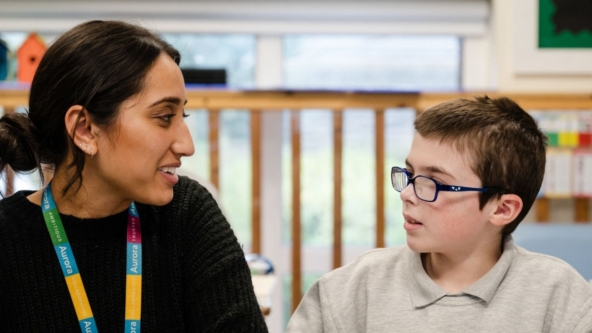Written by Jack Cracknell
We’ve known about climate change since the 1980s. If we’d acted on the information available to us over the following three decades, the world today would be a very different place.
Instead, every year, we add 51 billion tonnes of greenhouse gas emissions to the atmosphere (that’s the equivalent of flying 510,000,000 miles). And since the beginning of the Industrial Revolution, we’ve continued to pump trillions of dollars into coal-burning power plants, oil and gas pipelines, liquid-natural-gas export terminals, and a host of other fossil-fuel projects in an attempt to bleed Mother Nature dry of her last remaining resources.
The impact is being felt all around us, with each of the last five years rank among the warmest on record. And the consequences—rising seas, fiercer droughts, longer wildfire seasons, more devastating storms—have become daily news.
To an extent, the future—and not just of the next several decades but of the next several millennia—hinges on actions that will be taken by the time today’s toddlers reach adulthood.
So, how hot?
So how hot—which is to say, how bad—will things get? One of the difficulties of making such predictions is that there are so many forms of uncertainty, but I think there are broadly three scenarios.
I’ll call the first the ‘bloomsday’ scenario. Finally, all the waffle stops, and emissions are brought down more or less immediately. One hundred per cent of the power used across developed nations is generated using clean, renewable, and zero-emission energy generation. The technology is already there – wind turbines have the potential to provide us with twice as much electricity as we currently use. The challenge is one for government and policy makers. How can we accelerate the planning and approval process so that wind farms are up and spinning in one year rather than seven?
In the second scenario, global emissions continue to grow through the middle of the century and, along with them, global inequality increases. Developed nations are well prepared, with air conditioning becoming the norm and huge storm-surge barriers being built to keep out the sea. Developing nations are largely left to fend for themselves and feel the full force of the problem.
The third scenario is obviously the bleakest. The ‘doomsday’ scenario. We continue on our current trajectory and by 2050 greenhouse gas emissions increase by a further 50%. Global warming creates global conflict that draws in poor and rich nations alike, destabilizing large swathes of the globe and exposing any and all inconsistences in climate policy.
Have a think about your vision for the future?
What happens if we do everything, something or nothing? The answer is always the same. We have to take drastic action, and we have to take it now.
A success story worth knowing about
There is, however, some hope for all of us looking back at history. In 1985, scientists noticed something troubling. The ozone layer was rapidly depleting, it was on track to be wiped out in less than a few decades.
This discovery caused worldwide alarm and unprecedented action. In short order, the international community marshalled its resources — scientific, economic, diplomatic — to mount a campaign to ban the chemical that caused the damage, chlorofluorocarbons (CFCs), and to restore the ozone layer.
It was a success, fast-forward to today much of the damage we wrought last century has been reversed. Even with the complications and caveats, the world’s response to the ozone crisis is an instructive, inspiring, success story — one that can perhaps inform our response to the climate crisis.
You can find out what Octopus is doing to address the climate emergency in this year’s Future Generations Report coming out at the end of this month. It breaks down the billions of pounds we’re investing to build a more sustainable planet and explains our carbon footprint and the commitments we’re making to reduce it. Sign up here to receive the report in your inbox as soon as it’s live.
What are Octopus Group doing to tackle climate change?
We are finding ways to support companies building a more sustainable planet, we’re signing up to the B Corp Climate Collective and are proud to commit to net zero by 2030.



